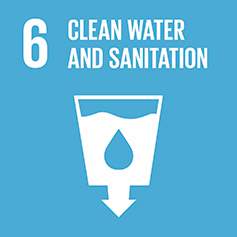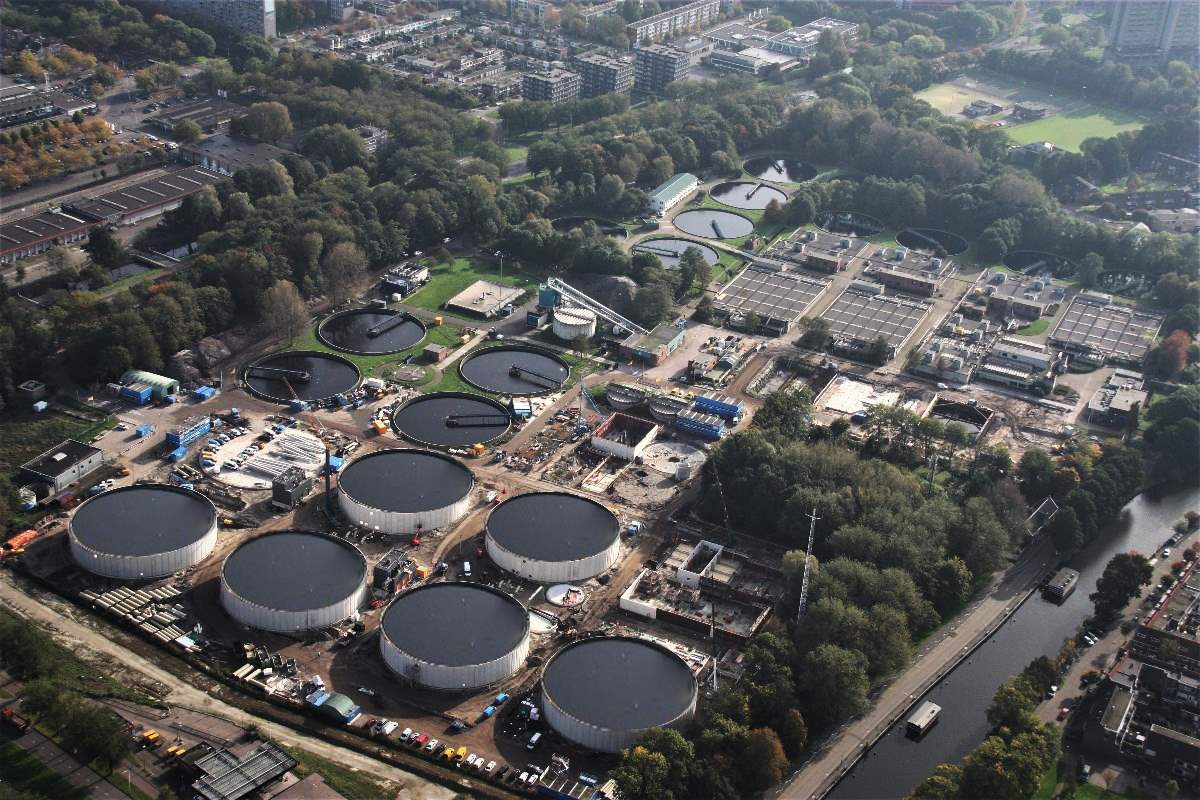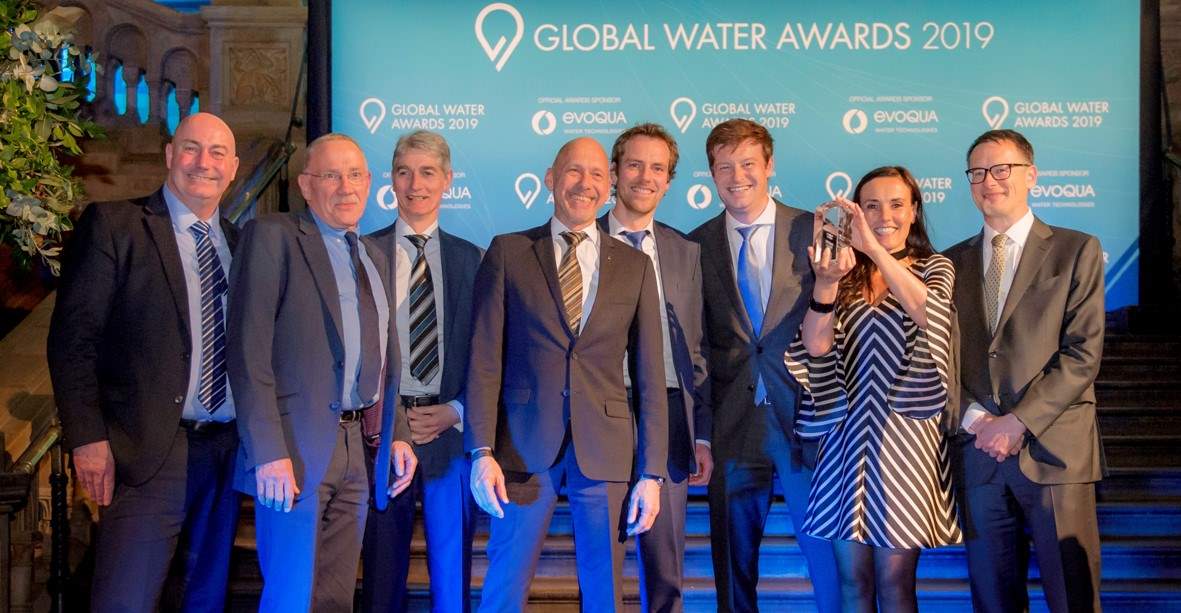SDG 6: Clean Water and Sanitation

Across the world 80% of wastewater is currently not treated[1], raising risks to human health, compromising access to safe water and threatening freshwater ecosystems. The biological treatment power of our Nereda® technology is a more sustainable option for wastewater treatment. It delivers better water quality and avoids the need for chemicals in plants which are more compact and use 50% less energy compared to traditional treatment methods. Globally, 76 Nereda® plants are either in operation or under construction, of which eight are in the Netherlands, with three more in prospect, and the number is steadily increasing. For more information, see our website.

Largest Nereda® wastewater treatment plant opens

At Utrecht’s wastewater treatment plant, 14 post-settling tanks from the old installation have been replaced by six compact Nereda® reactors, demonstrating one advantage of this revolutionary wastewater treatment technology – its smaller footprint. The new sewage treatment plant purifies wastewater from 430,000 inhabitants and, last April, it won the Global Water Award 2019 in the Wastewater Project of the Year category. It is the world’s largest Nereda® installation providing cleaner results at a time when water purification is becoming more complex, particularly due to medicine residues and pesticides. As well as better water quality and a smaller footprint, it is a third more energy efficient compared to traditional installations.
15,000 residents connected to proper sanitation
The opening of an extended sewerage system in Bijeljina in Bosnia and Herzegovina connects 15,000 residents to proper sanitation, replacing previous on-site methods such as pit latrines and septic tanks. Royal HaskoningDHV designed and supervised construction of the €8.5m project which will vastly improve domestic sanitation and reduce the threat of contamination of drinking water resources. Previously wastewater from the town ran off untreated into the Saba River, so the scheme will also improve the health of the river and other connected waterways. The project received significant funding from the ORIO Programme administered by the Netherlands Enterprise Agency (RVO).